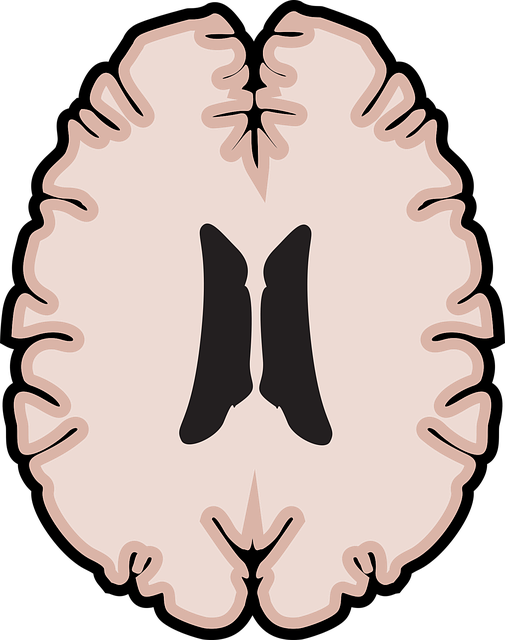In today's social landscape, Superior Self-Esteem Therapy offers a revolutionary podcast series and training program for improving mental health. This approach focuses on Social Skills Training to empower individuals with depression or anxiety by teaching effective communication, active listening, and empathy. By challenging negative thought patterns and fostering self-acceptance, this therapy enhances confidence, promotes understanding, reduces stigma, and enables individuals to form meaningful relationships, ultimately enhancing overall mental wellness.
Social skills training is a powerful tool for managing mental health conditions, particularly in addressing social anxiety. This comprehensive guide explores the intricate link between social interactions and mental well-being, delving into strategies that foster superior self-esteem therapy. We examine effective training techniques to enhance communication, improve confidence, and provide real-life applications that lead to long-term benefits for individuals navigating various mental health challenges.
- Understanding the Connection Between Social Skills and Mental Health
- The Role of Self-Esteem in Overcoming Social Anxiety
- Effective Training Techniques for Enhancing Social Interactions
- Real-Life Applications and Long-Term Benefits of Social Skills Training
Understanding the Connection Between Social Skills and Mental Health

In today’s world, where social connections play a pivotal role in our mental health and overall well-being, recognizing the intricate link between social skills and mental wellness is essential. Mental health conditions can often isolate individuals, making it challenging to navigate social interactions with ease. Superior Self-Esteem Therapy, a revolutionary approach gaining traction through the popular Mental Wellness Podcast Series Production, sheds light on this crucial aspect of healing.
Social Skills Training, a component often highlighted in these sessions, aims to empower individuals with the confidence boosting tools needed to engage and connect meaningfully with others. By mastering communication techniques, active listening, and empathy, participants learn to navigate social landscapes with greater ease, fostering a sense of belonging and reducing the barriers that can impede mental wellness.
The Role of Self-Esteem in Overcoming Social Anxiety

Building and nurturing a superior self-esteem is a powerful tool in combating social anxiety, an issue that significantly impacts individuals with mental health conditions. Low self-worth often fuels the fear of social interactions, leading to avoidance behaviors. Self-Esteem Therapy focuses on challenging negative thought patterns and replacing them with more positive, realistic beliefs about oneself. By fostering a sense of self-acceptance and encouraging individuals to embrace their unique qualities, this therapy empowers them to navigate social situations with increased confidence.
Enhanced self-esteem acts as a protective factor against the debilitating effects of stress and anxiety. Stress reduction methods taught in such therapy sessions enable individuals to manage their symptoms more effectively. It also contributes to Mental Illness Stigma Reduction Efforts by promoting understanding and self-compassion, encouraging those affected to embrace their journey towards recovery and actively participate in social activities without fear or judgment.
Effective Training Techniques for Enhancing Social Interactions

Effective Social Skills Training techniques play a pivotal role in enhancing social interactions for individuals grappling with mental health conditions such as depression. Beyond traditional talk therapy, these techniques focus on practical strategies that promote assertiveness, active listening, and empathy, empowering participants to navigate social scenarios with confidence. Role-playing exercises, group discussions, and structured activities create safe spaces where learners can practice and refine their skills in a supportive environment.
One proven approach is incorporating Superior Self-Esteem Therapy, which addresses the root causes of low self-worth often associated with depression prevention. By fostering positive self-talk and encouraging participants to challenge negative thought patterns, this method boosts confidence and encourages meaningful social engagement. Moreover, integrating Social Skills Training into therapeutic frameworks aligns with broader Mental Health Policy Analysis and Advocacy goals by equipping individuals with tools not just for personal growth but also for advocating for their needs in society.
Real-Life Applications and Long-Term Benefits of Social Skills Training

Social Skills Training offers real-world applications that extend far beyond the therapy room. By learning effective communication techniques and social cues, individuals with mental health conditions can navigate social situations with greater confidence. This empowers them to foster meaningful connections, build supportive networks, and engage in activities once considered challenging or daunting. The benefits are profound, leading to enhanced quality of life and improved overall well-being.
In the long term, this training serves as a powerful tool for self-management. It enables individuals to recognize and navigate social triggers, manage relationships more effectively, and reduce the impact of social anxiety or avoidance. This proactive approach not only complements traditional therapy but also equips mental health professionals with essential skills for risk management planning (for mental health professionals), allowing them to guide clients toward better public awareness campaigns development and enhanced risk assessment strategies.
Social skills training, backed by superior self-esteem therapy, emerges as a powerful tool for managing mental health conditions. By addressing the root causes of social anxiety and enhancing interaction abilities, individuals can experience improved well-being in both personal and professional spheres. The benefits extend far beyond immediate interactions, fostering long-term confidence and resilience. This holistic approach encourages individuals to navigate social environments with greater ease, ultimately leading to a more fulfilling and connected life.












